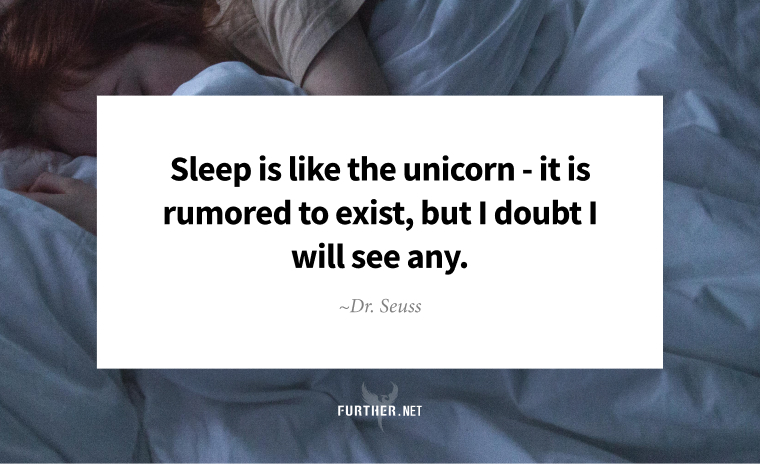
Remember when our motto was “I’ll sleep when I’m dead”? (Thanks, Warren Zevon.)
Nowadays, that’s a little too close for comfort. Plus, who can sleep anyway? With all the chaos of modern life, shut-eye can be elusive.
However, understanding what’s undermining your rest isn’t just nice to do — it’s critical. After all, sleep is instrumental in healthy aging, from supporting immune and cognitive function to safeguarding against chronic illnesses (i.e., Type 2 diabetes, depression, heart disease) and dementia.
So, wake up and smell the science. While sleep quality diminishes as you age, you can take steps to get the rest you need.
Fire Up the Exhaust System
First, the meh news. Not only are older adults more susceptible to sleep disorders like insomnia and sleep apnea, but our slumber is impacted by hormonal changes, stress, and medical issues. This leads to less time in deep sleep, which is necessary for cellular repair and muscle and tissue growth.
Now, for some better news: some of the rest-related issues you might worry about aren’t really problems — you might be buying into some sleepy old myths. For example, frequent awakenings:
Adults usually move through five or six sleep cycles in a night, and it is entirely normal to wake up briefly at the end of each one. That means we might be waking up five times during the night. This can increase with older age and still be healthy.
Additionally, the adage that you need seven to nine hours of sleep a night is misleading — quality beats quantity. Knowing how much time you spend in deeper stages, including REM (dream state), helps you assess how “good” your sleep is (or not). A wearable (watch, ring) can help you spot your patterns and determine what throws you off most.
For example, I’ve noticed my best night’s sleep starts with lights out by 10:00 pm. Any later, and I’m toast the next day because, like clockwork, I’m awake at 5:30 am, regardless of my bedtime.
Good Night Boon
Once you’re in touch with your patterns, it’s time to get serious about getting better sleep, starting in the daytime:
Exercise is one research-backed intervention for getting more deep sleep. Research on middle-aged and elderly adults has shown that exercise promoted increased sleep efficiency and duration regardless of the mode and intensity of activity.
Additionally, practice good sleep hygiene:
- Use the bedroom for sleeping (and sex) only.
- Shut down screens well before bedtime.
- No alcohol a few hours before bed.
- Relax with herbal tea, meditation, or a hot bath.
And, you might consider acting on your unretirement dreams now — chances are you’ll sleep easier when your days are marked by less stress and greater satisfaction. Plus, much like not sleeping until you’re dead, putting off living on your terms is like sleepwalking through life.
An unbroken night’s sleep is a myth. Here’s what good sleep looks like (The Conversation)
